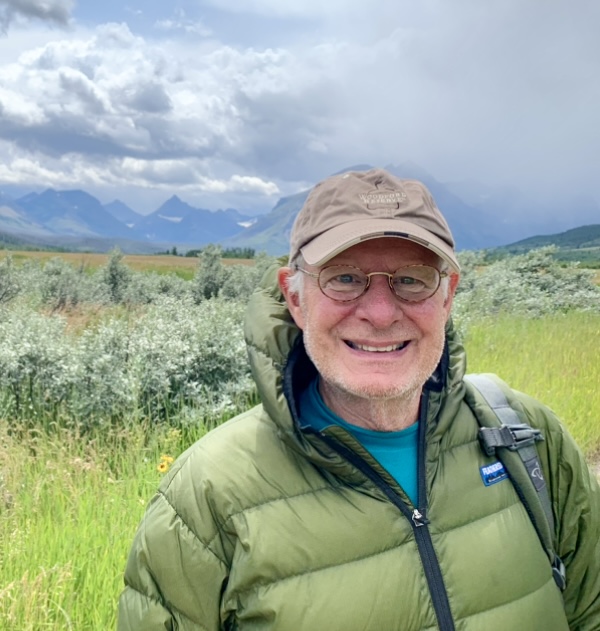I always considered my father to be a master gardener. In the last quarter of his life, he would enter his strange and inspired flowers into the county fair and talk shit to his competitors, often well-heeled ladies that had, as he wryly described it, “the help.” My wife’s name is Zinnia and he won the blue-ribbon year after year with his Aztec Sunset Zinnias.

But all this digging in the dirt began back when I was 7 years old after he quit his job at the brace shop. He was custom building orthopedic braces for broken people and he was good at it. A business dispute led him to pull a Johnny Paycheck and he told his boss to take that job and shove it. So he put his fingers in the earth, worked odd jobs, ordered the Foxfire books, and grew a beard. The flower and vegetable garden repaid his hard work and we ate from the garden every night. He’d say, “I like it because it feels like you’re cheating the government.”
My father liked to work with his hands and was endlessly curious about how things work. He made a fine shade-tree mechanic with our Chevy Novas, faded canary-yellow Dodge Dart Swinger, and British racing green MGb. He’d ask me to help him occasionally, in that “if you can see it, you can’t reach it; and if you can reach it, you can’t see it.” He’d have the car up and running in no time.
I suppose that this enthusiastic curiosity about the physical world led him to go back to school to get his teaching degree and – as an adult learner – he finished with good marks and landed a gig as a science teacher at The Lexington School. My mother was a teacher and it was not lost on him how much time off teachers get during the year. At TLS, Dad wore a coat and tie, glasses, and sometimes a beard. He told me you’d get the best discipline out of your middle school students if you didn’t smile until Thanksgiving. I think he played the game with the students, the parents, and the administrators, but I always loved the story that he’d tilt the portrait of a headmaster he didn’t like three degrees off plumb.
I believe it was because he was a gardener and understood change and impermanence that he was never prone to sentimentality or ritual. When his cat died after ingesting a poisonous skink on the farm, Dad put the rigormortized feline up in the crook of a tree, “just to keep the coyotes away.” His second wife told me this story (for the cat was originally mine) and commented, “I better outlive Frank.” She never got her wish. She was diagnosed with a form of leukemia in 2016 and died a year later. Dad suffered greatly with her suffering and eventual death and would drink Old Bardstown on his porch in the evening, tears running down his cheeks. Anger would occasionally replace the sadness and he’d rage until he was hoarse.
This he did in private because I only saw my father cry once. It was at a showing of Redford’s film A River Runs Through It. I remember that he was angry through those tears and now I think that he was ashamed in those days to show emotion. Perhaps the tears were because back then Dad was a bait and lure fisherman – I grew up with fishing trophies throughout the house – and hearing Redford narrate Maclean’s early memories of dry fly fishing may have provoked an existential crisis in my father, but I doubt it. I think he enjoyed noodlin’ for catfish, hooking small-mouth bass (they fight better than large-mouth), and gigging frogs well after dark as much as anything despite the full canon of John Gierach books on the bookshelf. But this may have been just for show.
Of this, I am sure – it was the West that captured his heart and imagination. It was in that first year of freedom from the man but not the family that he planned a 53-day road trip to visit the West with their real national parks, not the overrun cannonball parks of the east. Like a lot of people, my father fell in love with Glacier National Park and it was no secret that it had long been written in his will that he wanted his ashes scattered along the Going-to-the Sun highway that traverses the park from east to west. Maybe the lack-of-sentimentality gene skips generations because – well before his own diagnosis of acute leukemia – I bought him a ticket to Kalispell, Montana, simply saying, Fuck your ashes, Dad, let’s go while you still have a pulse. A photo I took of him smiling at the east tribal entrance to the Park is the one that adorns his obituary. Gunmetal gray storm clouds are interspersed with sunlight and if I can think of what heaven looks like for him, it is there, sitting on a porch, sipping Old Bardstown, looking west.

